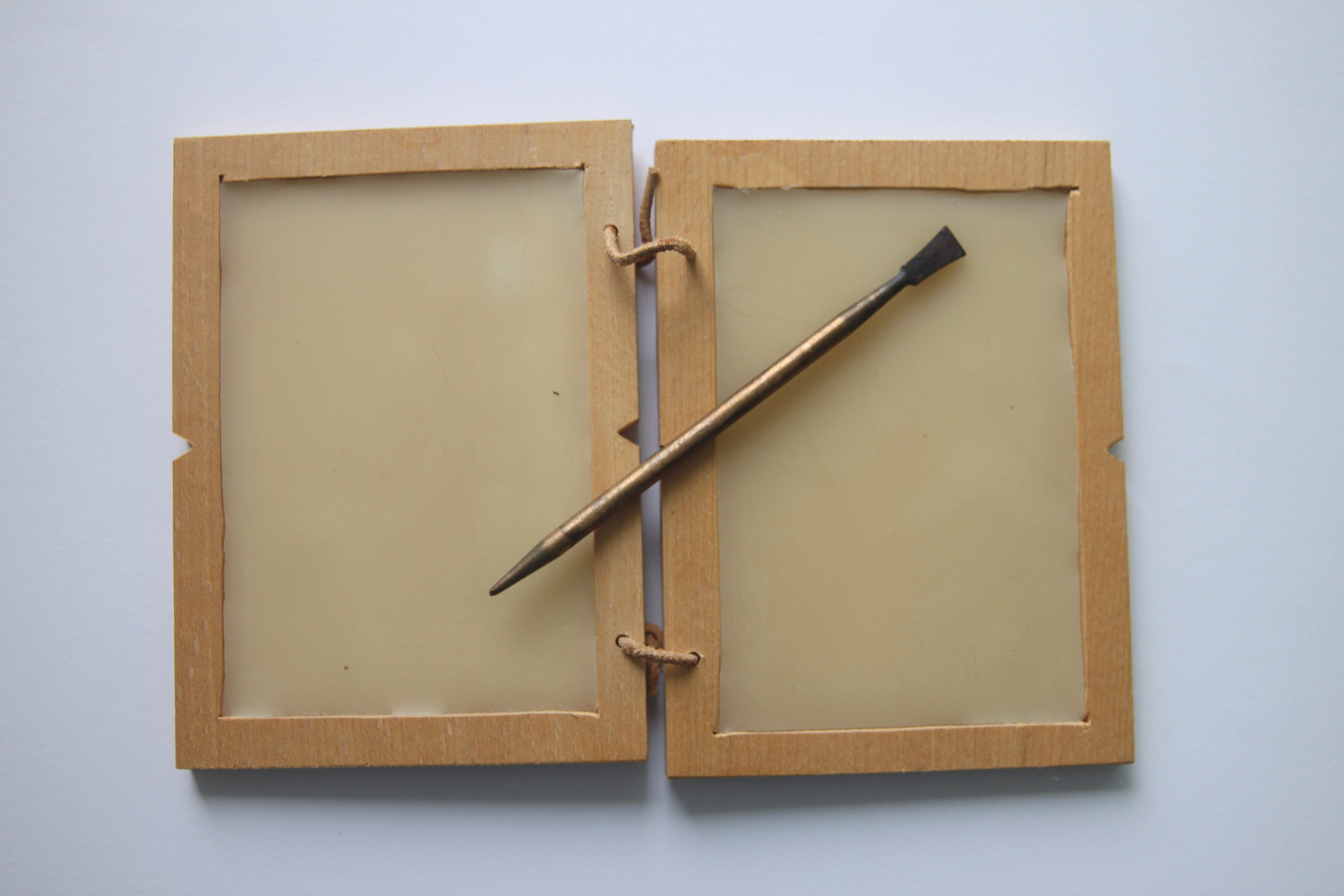Ancient scribal habits by modern standards
Posted: April 5th, 2018, 11:09 am
Possibly a really stupid question but I have been thinking about how we analyse ancient texts such as the bible.
Looking at emails or documents for work that I write I frequently make revisions to sentences as I write them. This will be due to a number of factors such as the focus of the sentence being lost, parenthetical information being too long etc.
As I read more on relevance theory and SFL I have been wondering whether we can uniformally use the same standards for modern texts that can be amended as they are written as we can for ancient texts. Even with paper now it is cheap and easy to obtain so crossing out or grabbing a new sheet isn’t a problem.
When we look at letters in the bible such as the Pauline corpus is there reason to be careful in overanalysing based on these modern standards? When writing these letters originally would revisions have been easily made, was papyrus easily obtainable and therefore starting a new version easy enough (just a couple of examples)
Sorry if a bit garbled (which would be ironic given the subject)
Looking at emails or documents for work that I write I frequently make revisions to sentences as I write them. This will be due to a number of factors such as the focus of the sentence being lost, parenthetical information being too long etc.
As I read more on relevance theory and SFL I have been wondering whether we can uniformally use the same standards for modern texts that can be amended as they are written as we can for ancient texts. Even with paper now it is cheap and easy to obtain so crossing out or grabbing a new sheet isn’t a problem.
When we look at letters in the bible such as the Pauline corpus is there reason to be careful in overanalysing based on these modern standards? When writing these letters originally would revisions have been easily made, was papyrus easily obtainable and therefore starting a new version easy enough (just a couple of examples)
Sorry if a bit garbled (which would be ironic given the subject)


